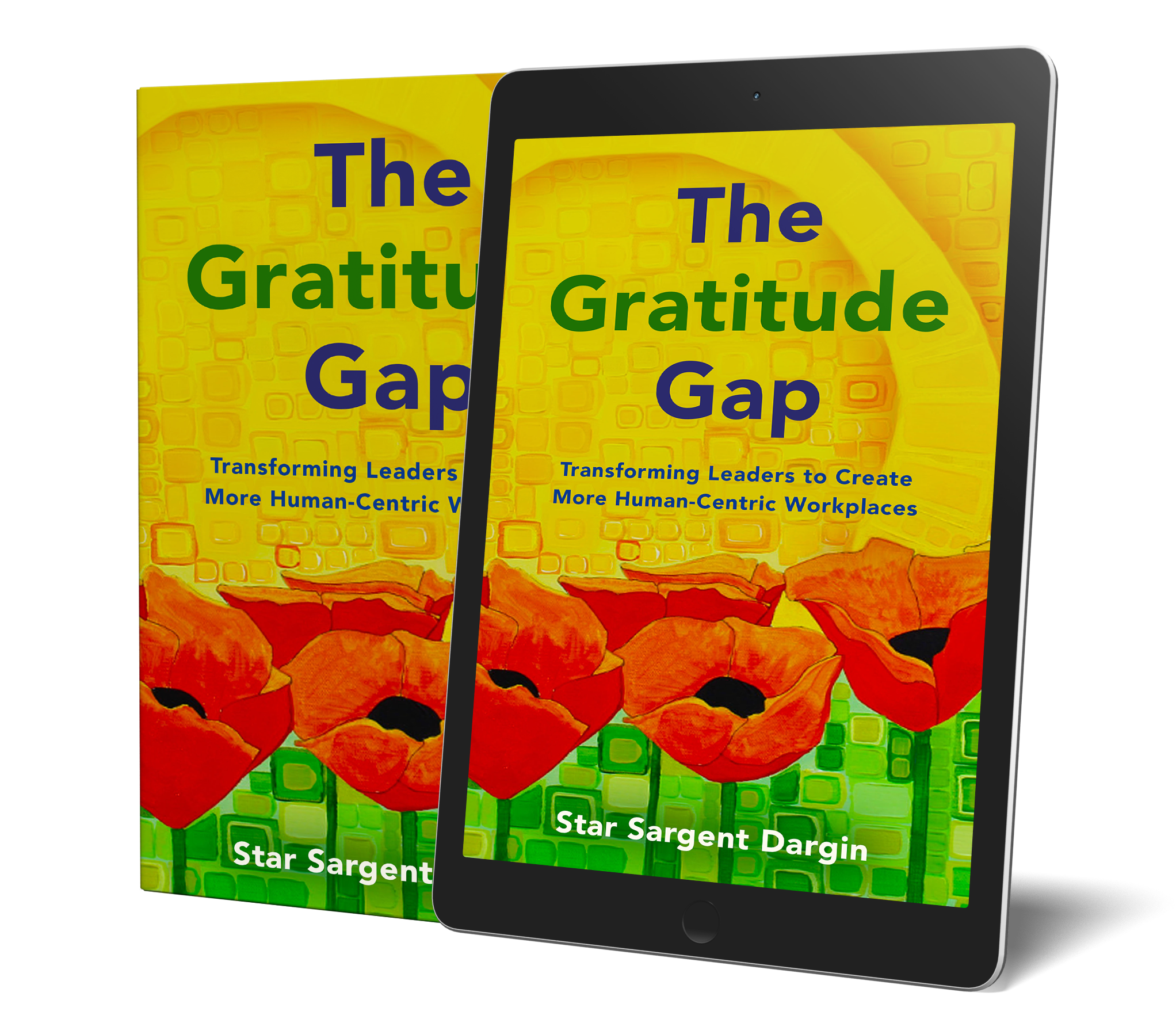How are you challenged to stay grateful? Do you know ‘gratitude challenged’ people? They may believe showing gratitude is a sign of weakness. I had a hard time understanding that particular gratitude challenge until I personally witnessed it.
 In general, cultures that are high on individualism, as opposed to collectivism, are more likely to see gratitude as a weakness. Individualism implies self-sufficiency, meaning: I can do it on my own. With individualism, we are always in competition, to win a sale, a partner, resources, and more!
In general, cultures that are high on individualism, as opposed to collectivism, are more likely to see gratitude as a weakness. Individualism implies self-sufficiency, meaning: I can do it on my own. With individualism, we are always in competition, to win a sale, a partner, resources, and more!
The USA culture ranks high in self-sufficiency. Thoreau spent time alone in the woods of Concord, MA to live deliberately and to “suck the marrow out of life” (his words). Thoreau is worshiped around here! He lived intentionally and was self-sufficient. Growing up my familly would make regular trips to his cabin at Walden Woods. We worship Thoreau for his self-sufficiency, not his gratitude for those that supported him in his journey.
Perhaps Thoreau did suck the marrow out of life but, for the two years and two days he spent alone in the woods, he depended on family and friends to supply his basic needs like food. Despite loving the solitude, he also kept chairs in his small cabin to welcome guests. He was dependent on others for survival and hosted a limited number of visitors. Thoreau could have been worshipped for being grateful to those who allowed him to live deliberately.
The opposite of self-sufficiency is being dependent on others, teamwork. When teamwork is valued and working, gratitude is present. Gratitude promotes collaboration and shows support and caring for others. Work gets done more efficiently and effectively. Being collaborative requires working together and sharing information. Being grateful is sharing what you value and appreciate. For gratitude-challenged folks, the belief is that sharing makes you weak and vulnerable.
Gratitude, when perceived as a weakness, lets others know what you value and how you feel, this can lead to rejection. Here’s a variation of a true story from a coaching client: Sean told Jan that he was grateful for how direct she was. Sean values directness. If Jan doesn’t see herself as a direct person, she may take offense. Sean has now potentially risked a relationship. Sean is also now exposed because Jan knows that directness is important to Sean. Jan now has an advantage over Sean, by knowing something personal about him. Without further conversation, the trust between Sean and Jan will erode. We know that trusted work relationships improve output 3 to 7 times more*.
So yes, gratitude requires being vulnerable and trusting others which some may view as weakness. However, gratitude, when it’s offered and accepted, supports collaboration and trust in relationships which strengthens
What do you do when gratitude is perceived as a weakness to others that you must interact with?
*A Global Survey on the Ambiguous State of Employee Trust (hbr.org)

